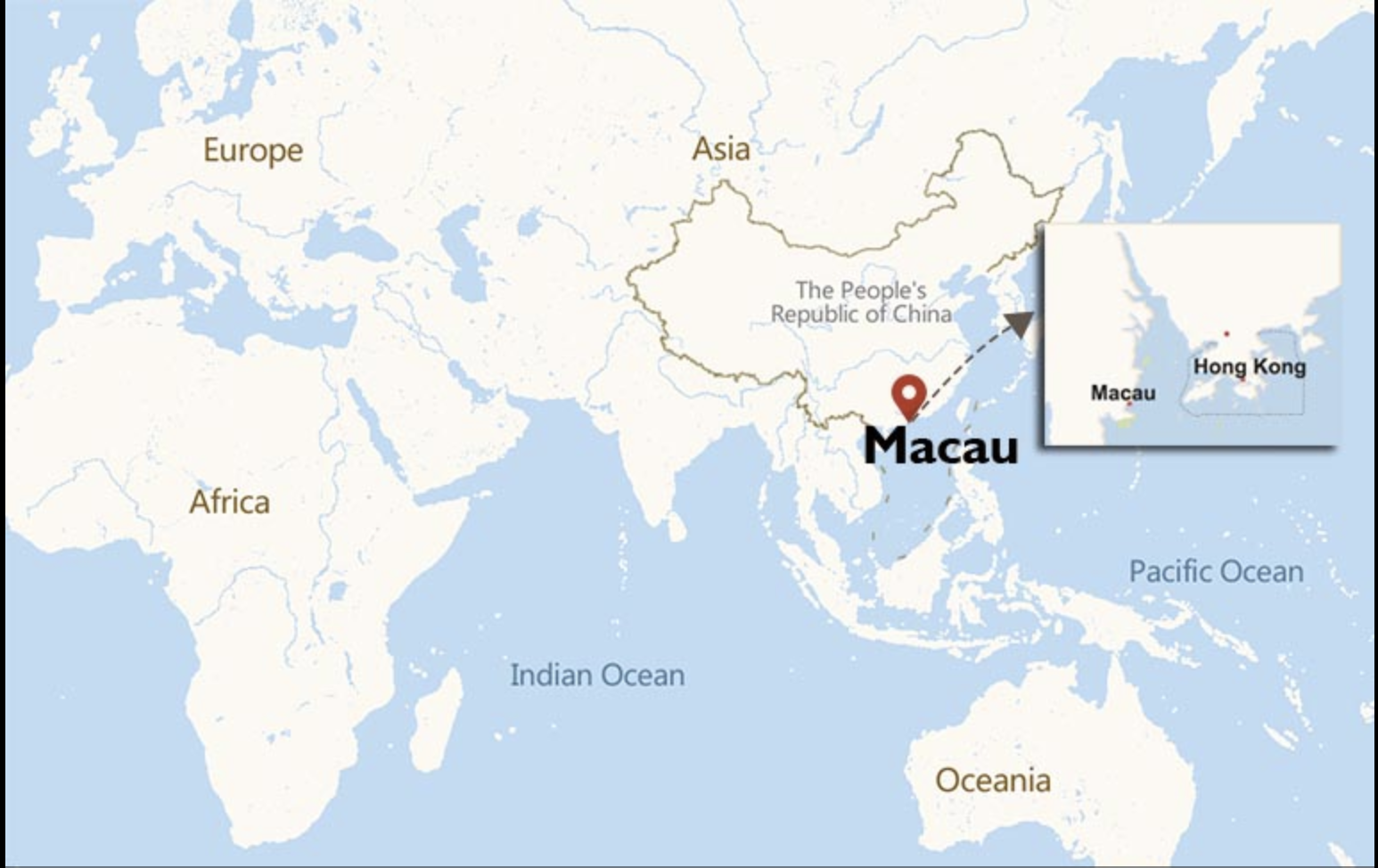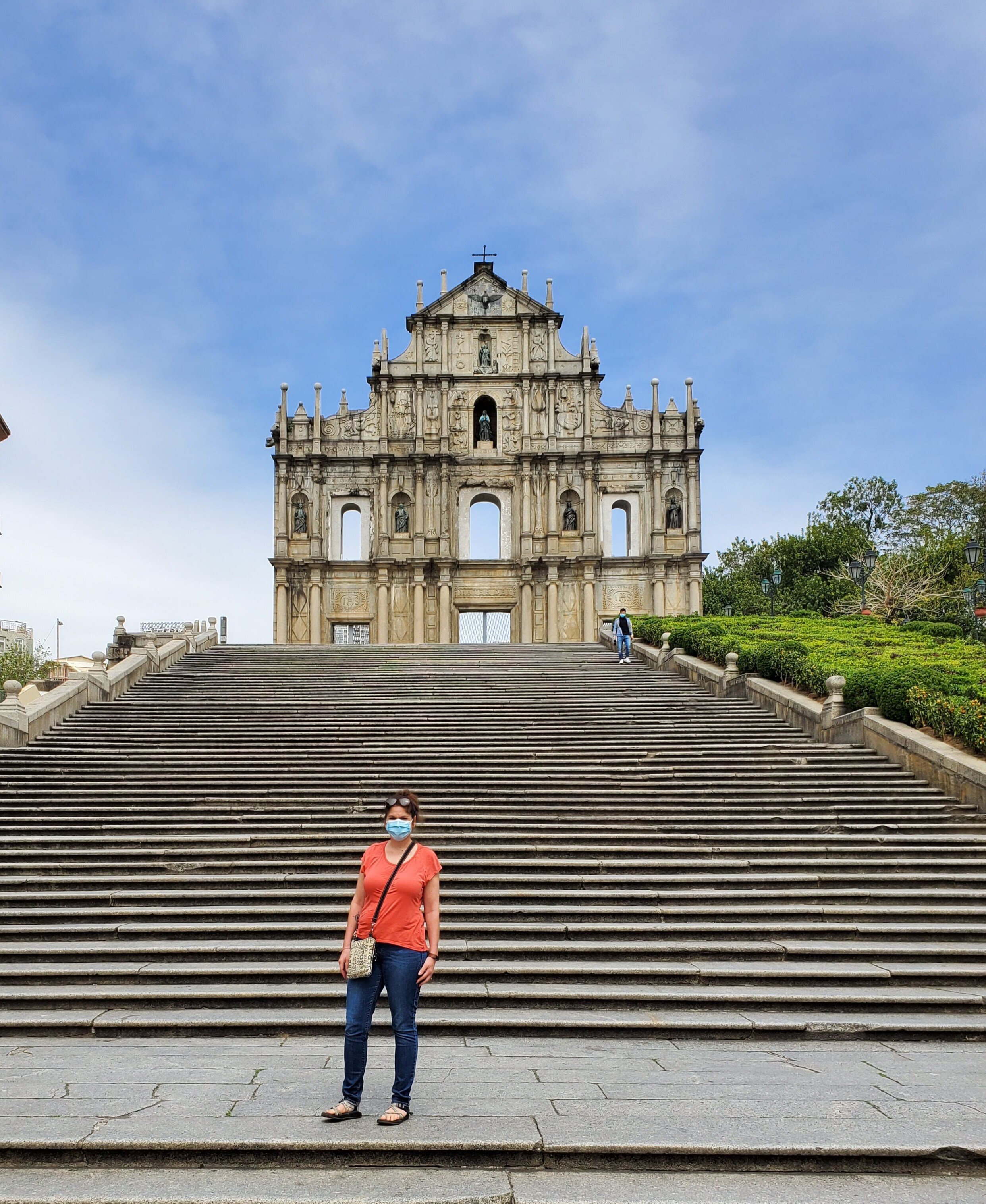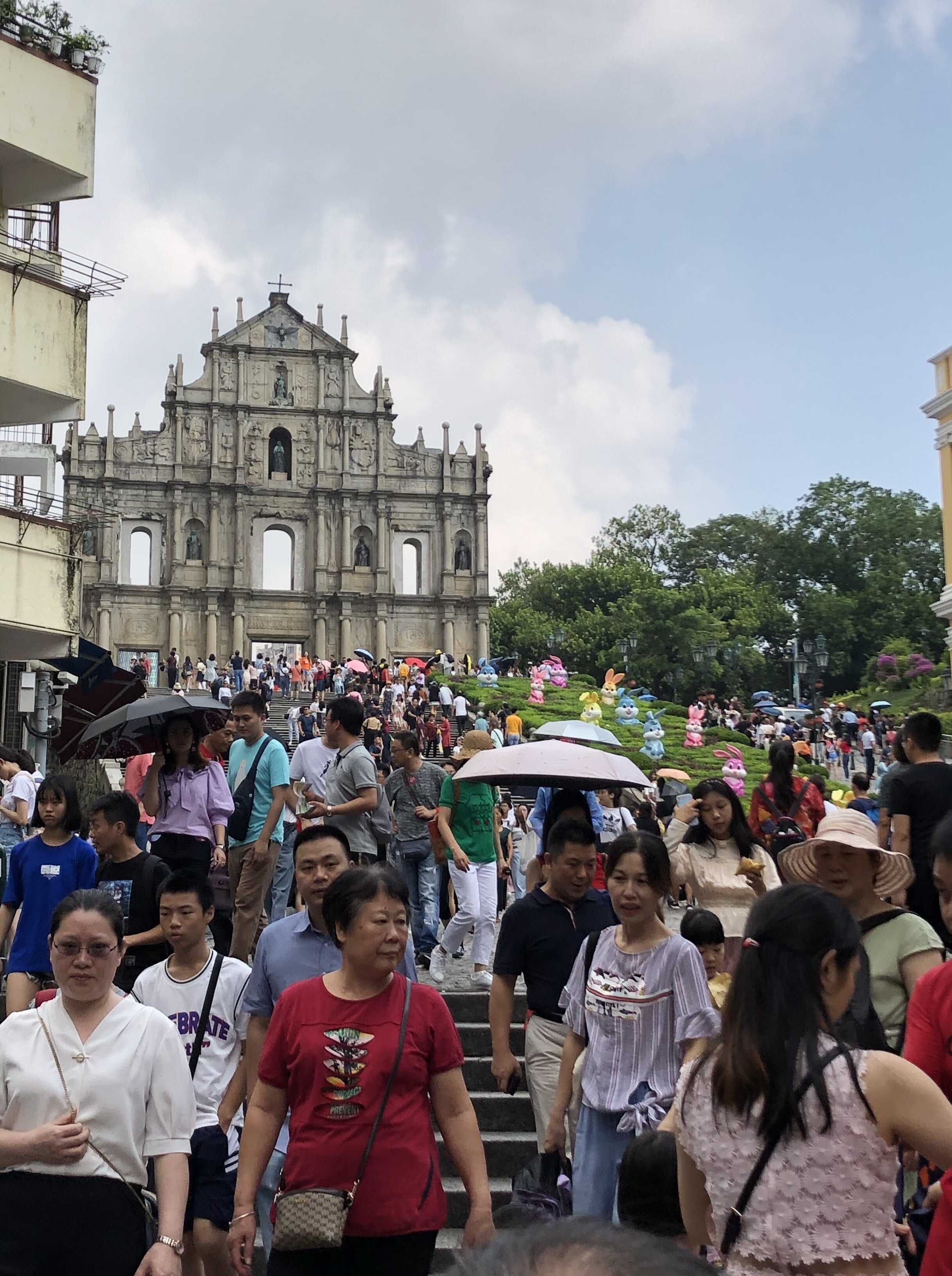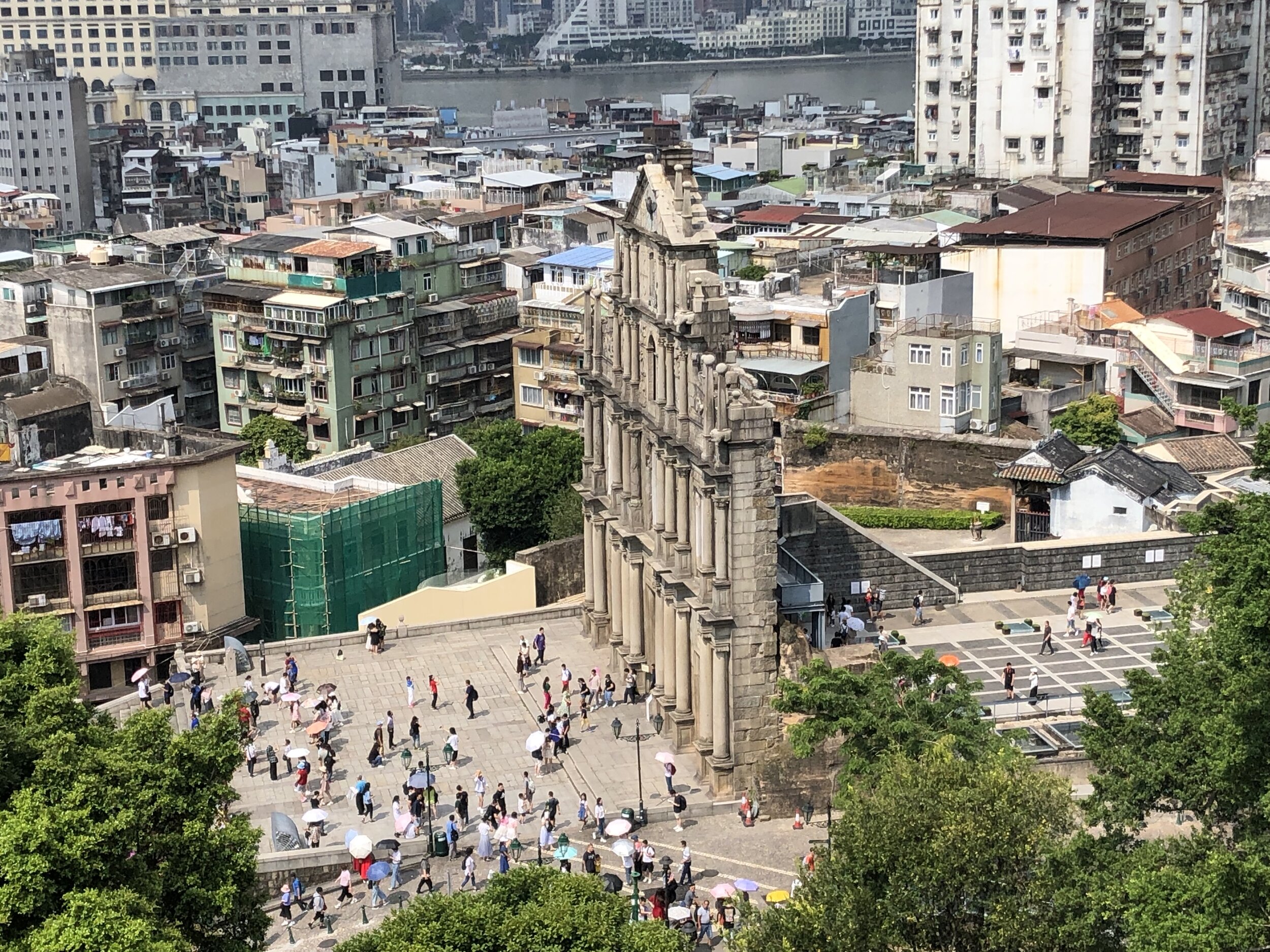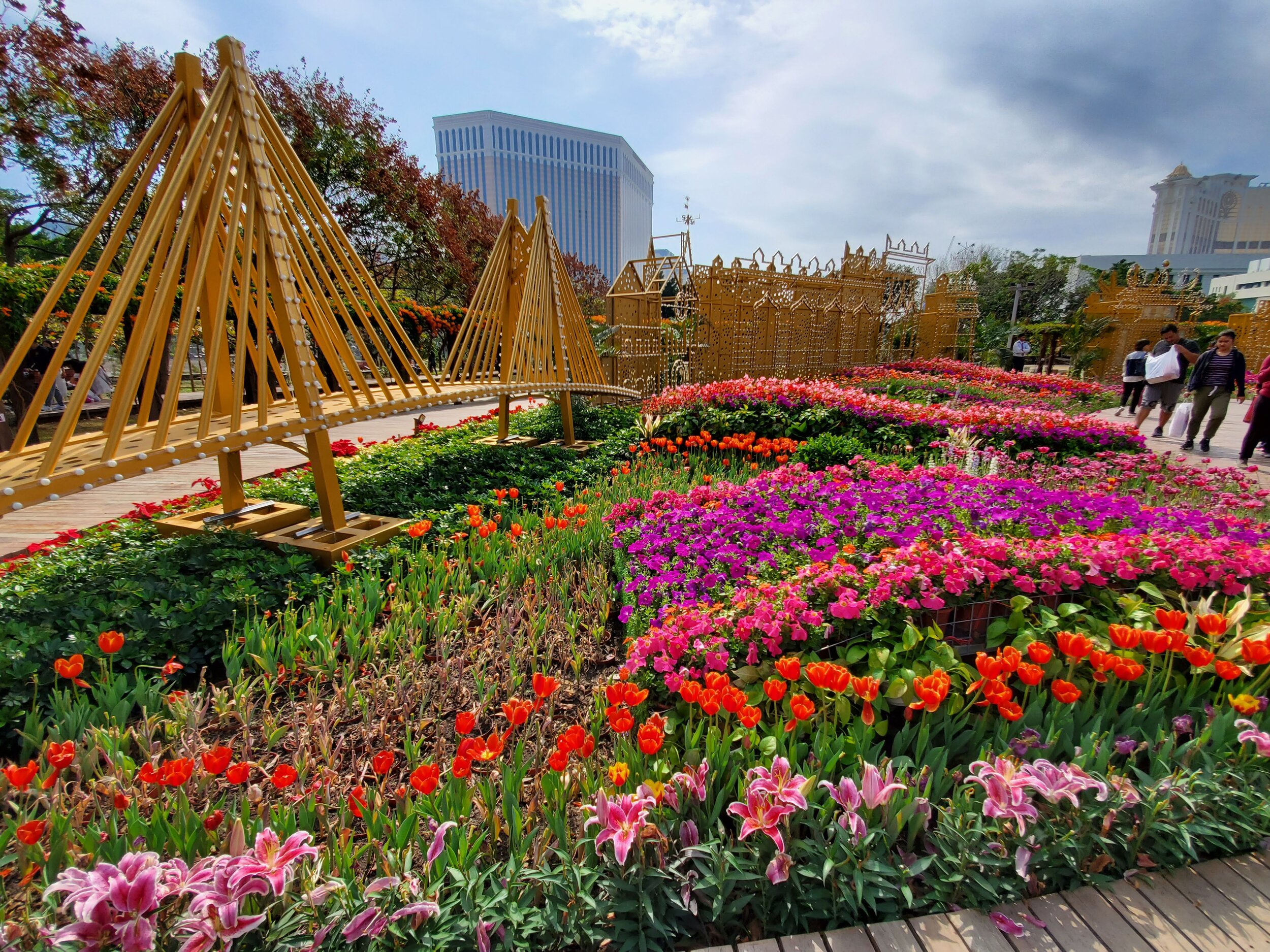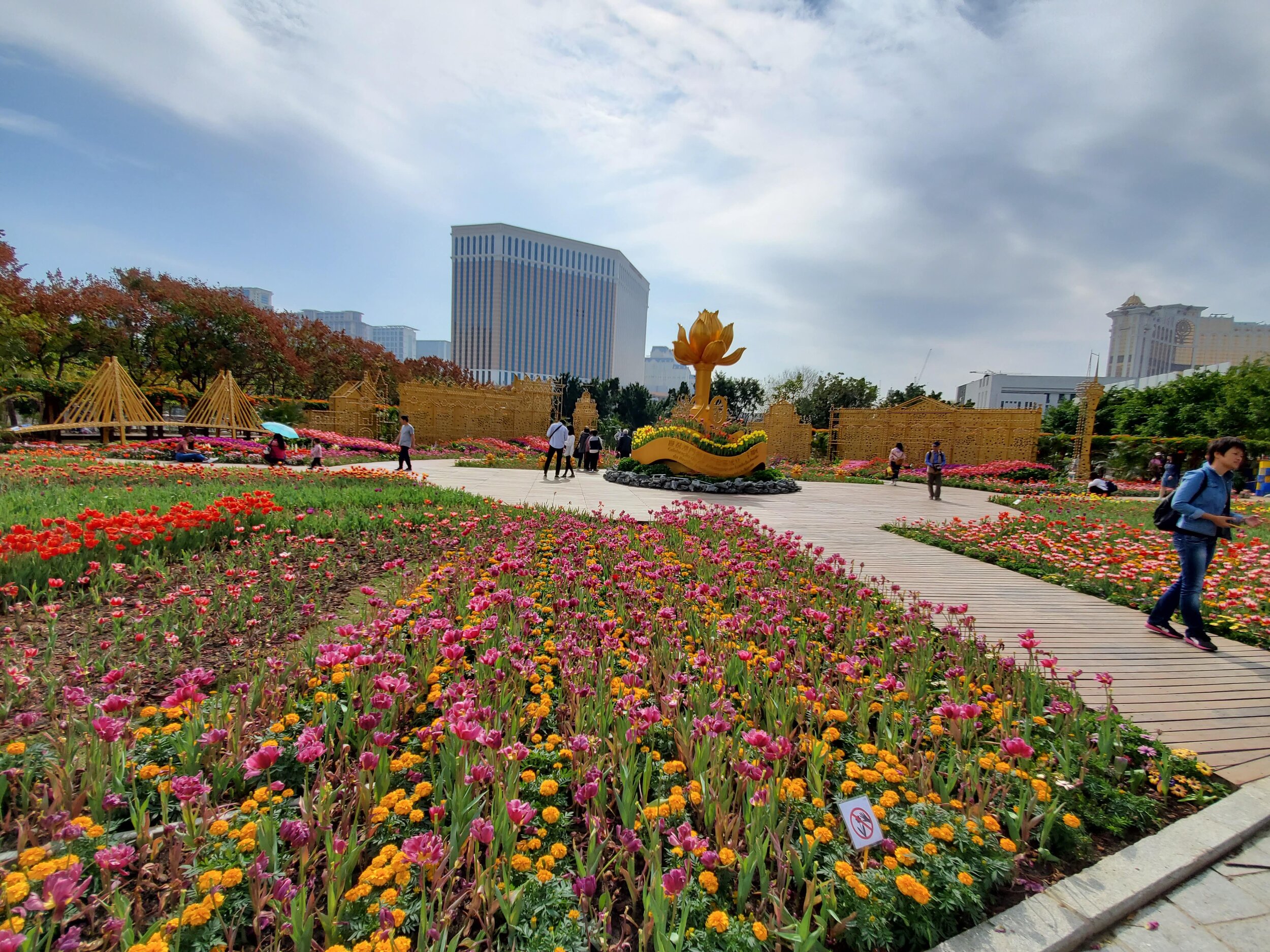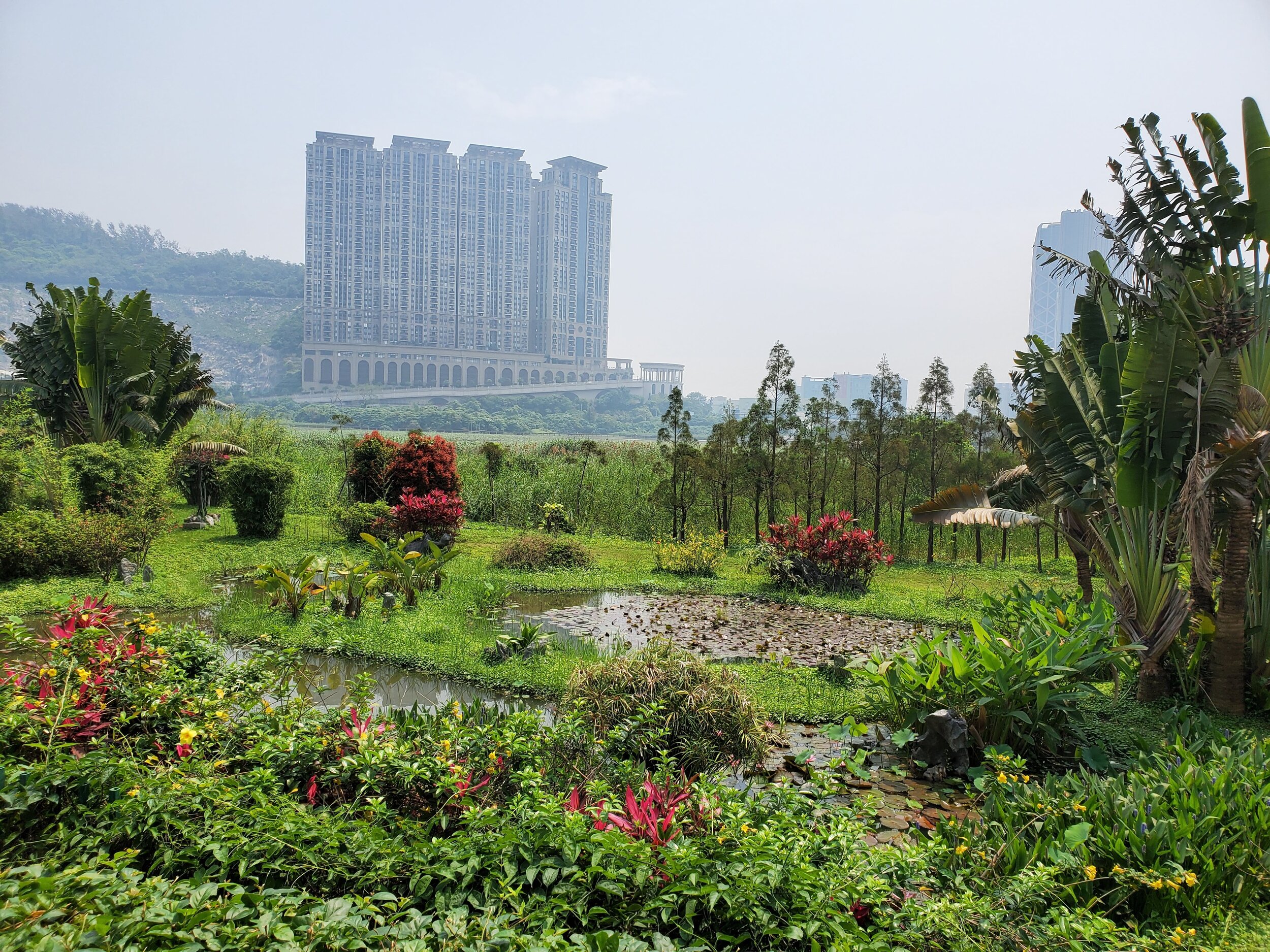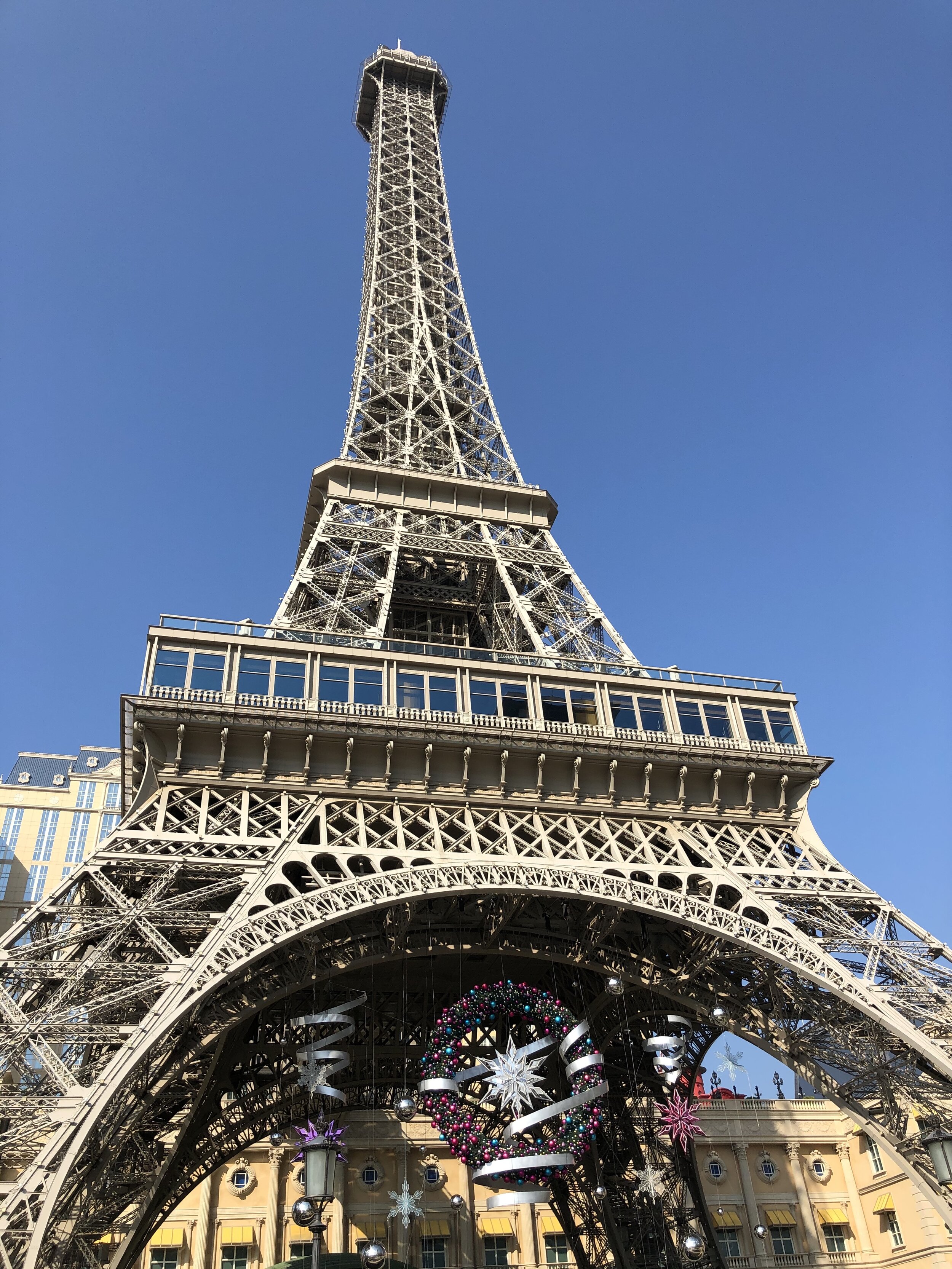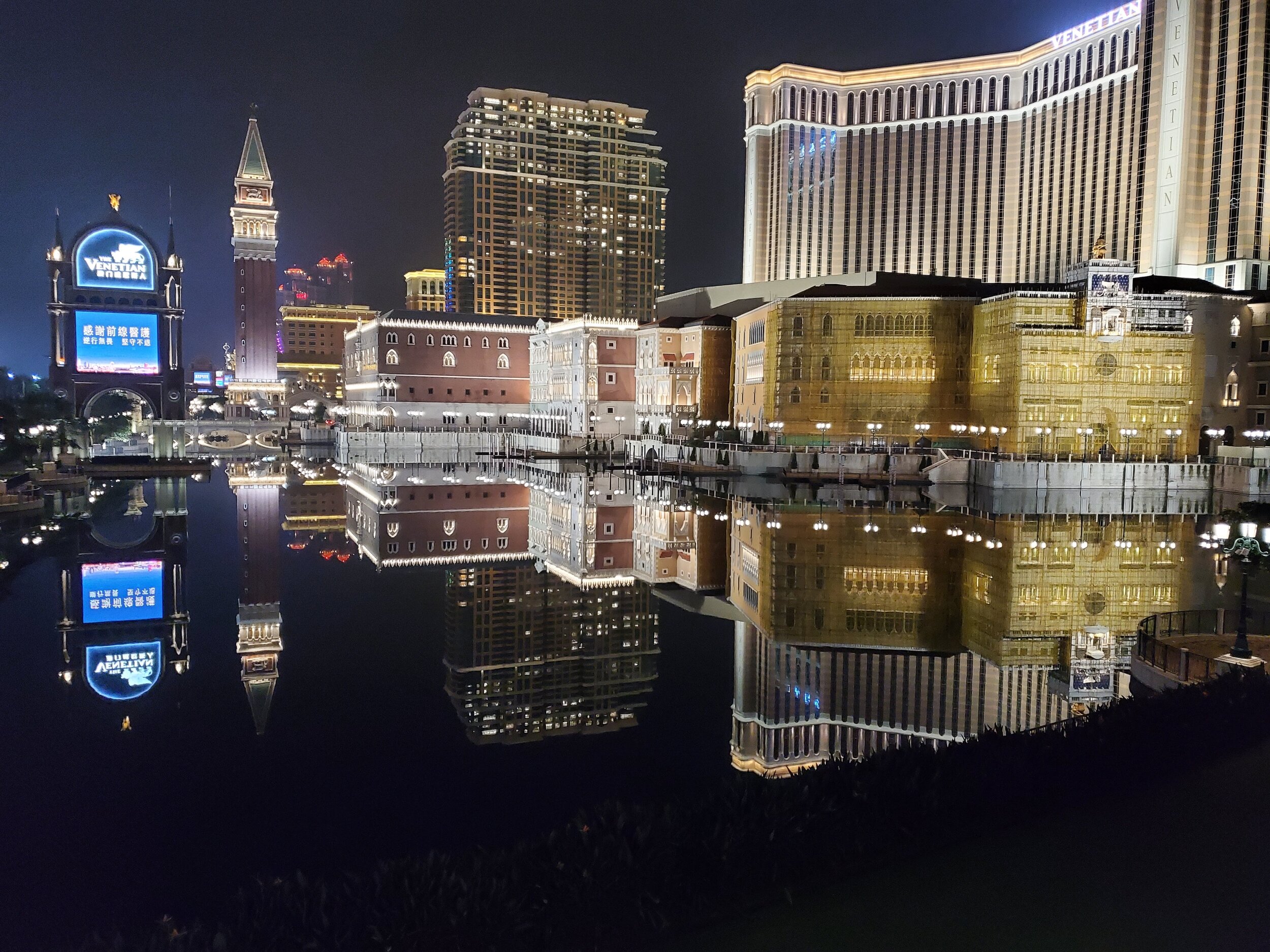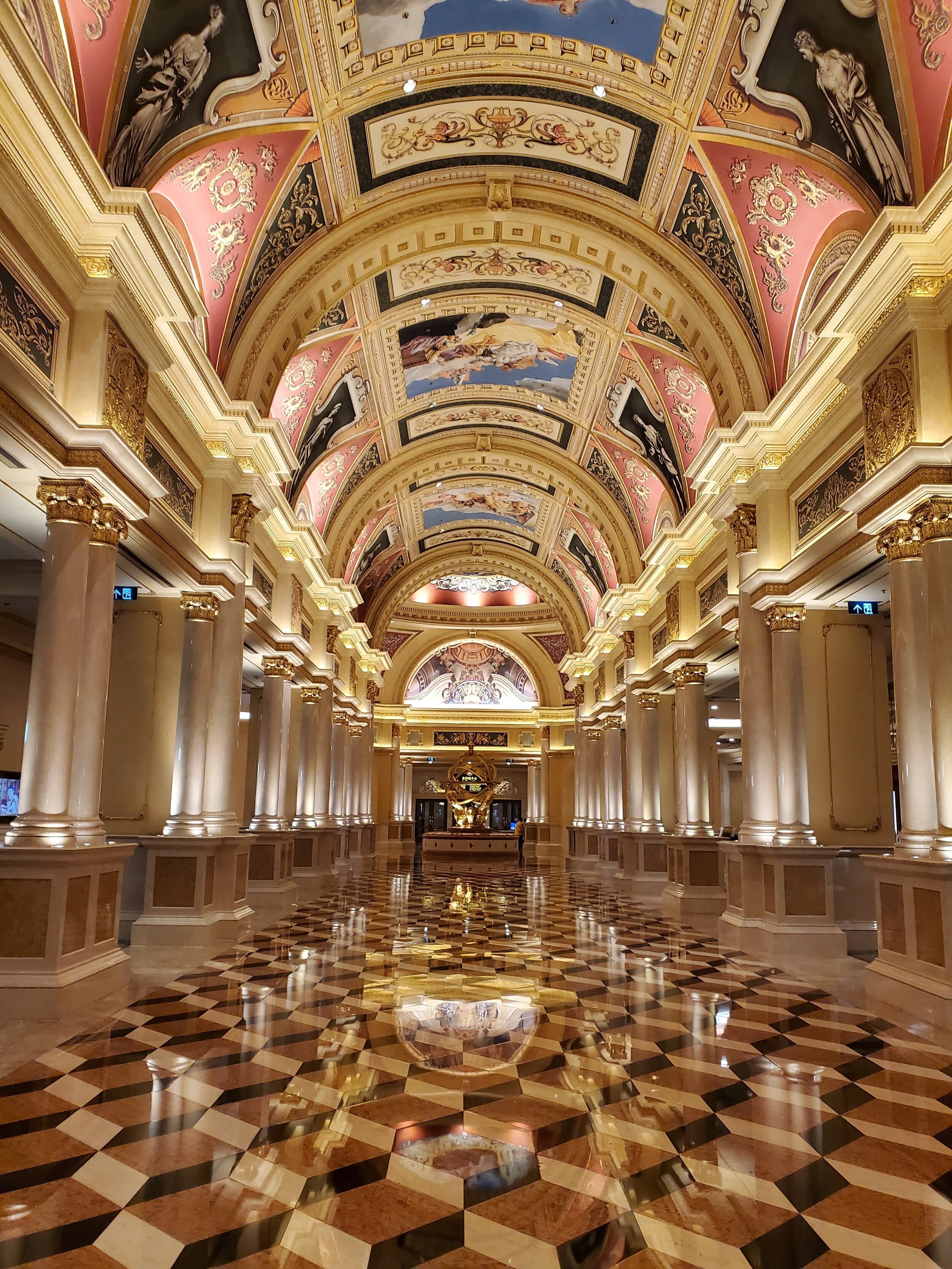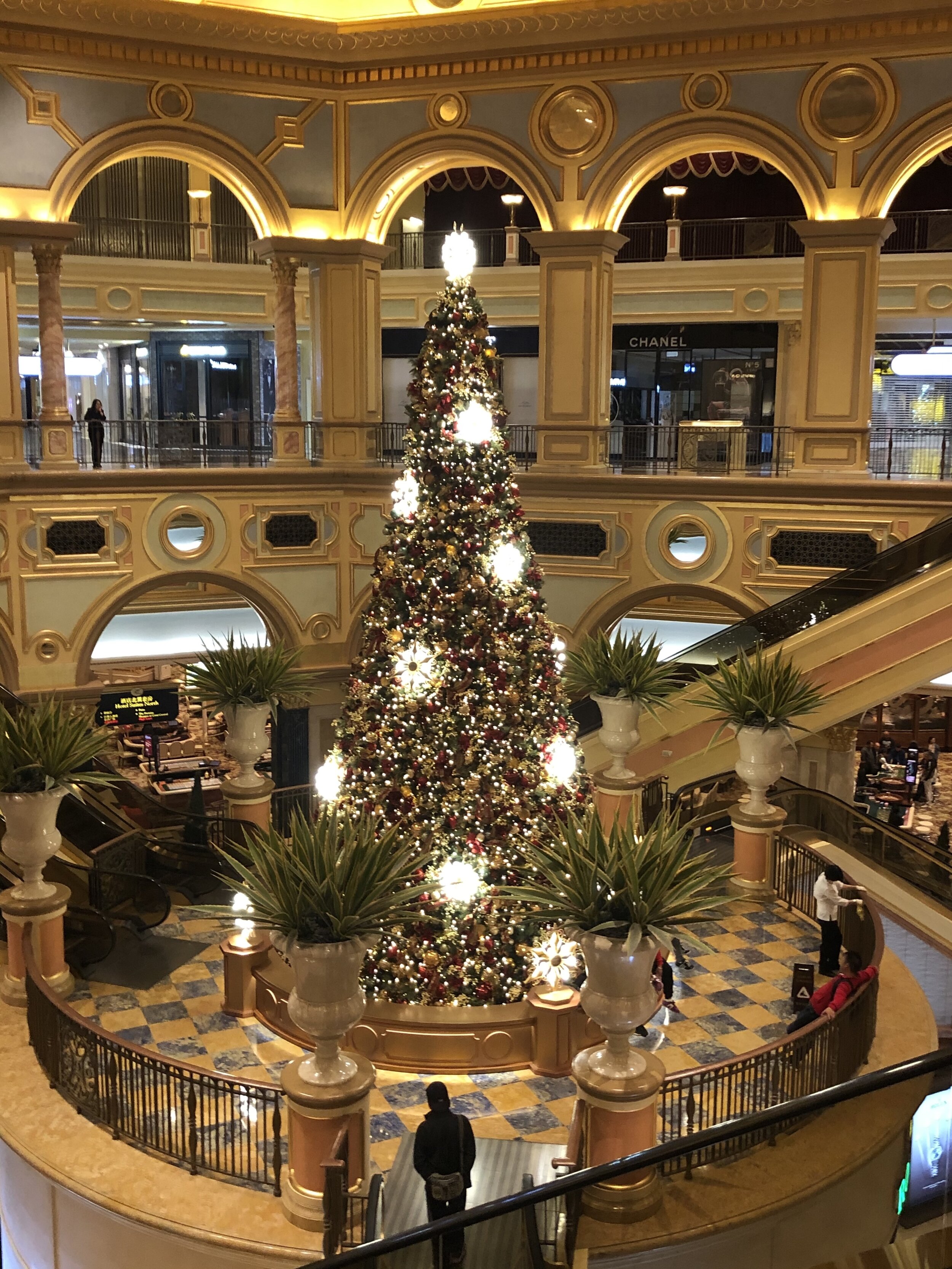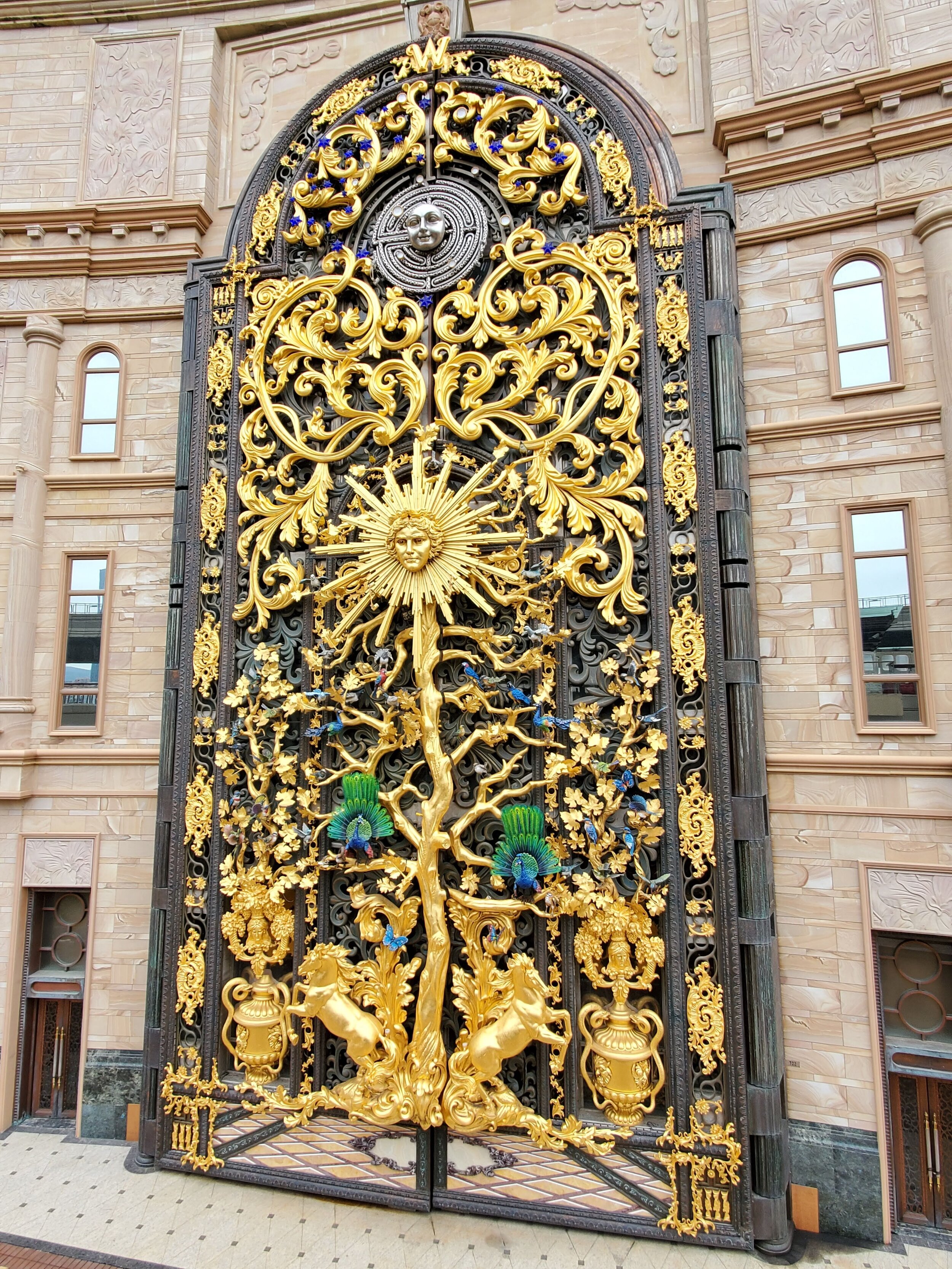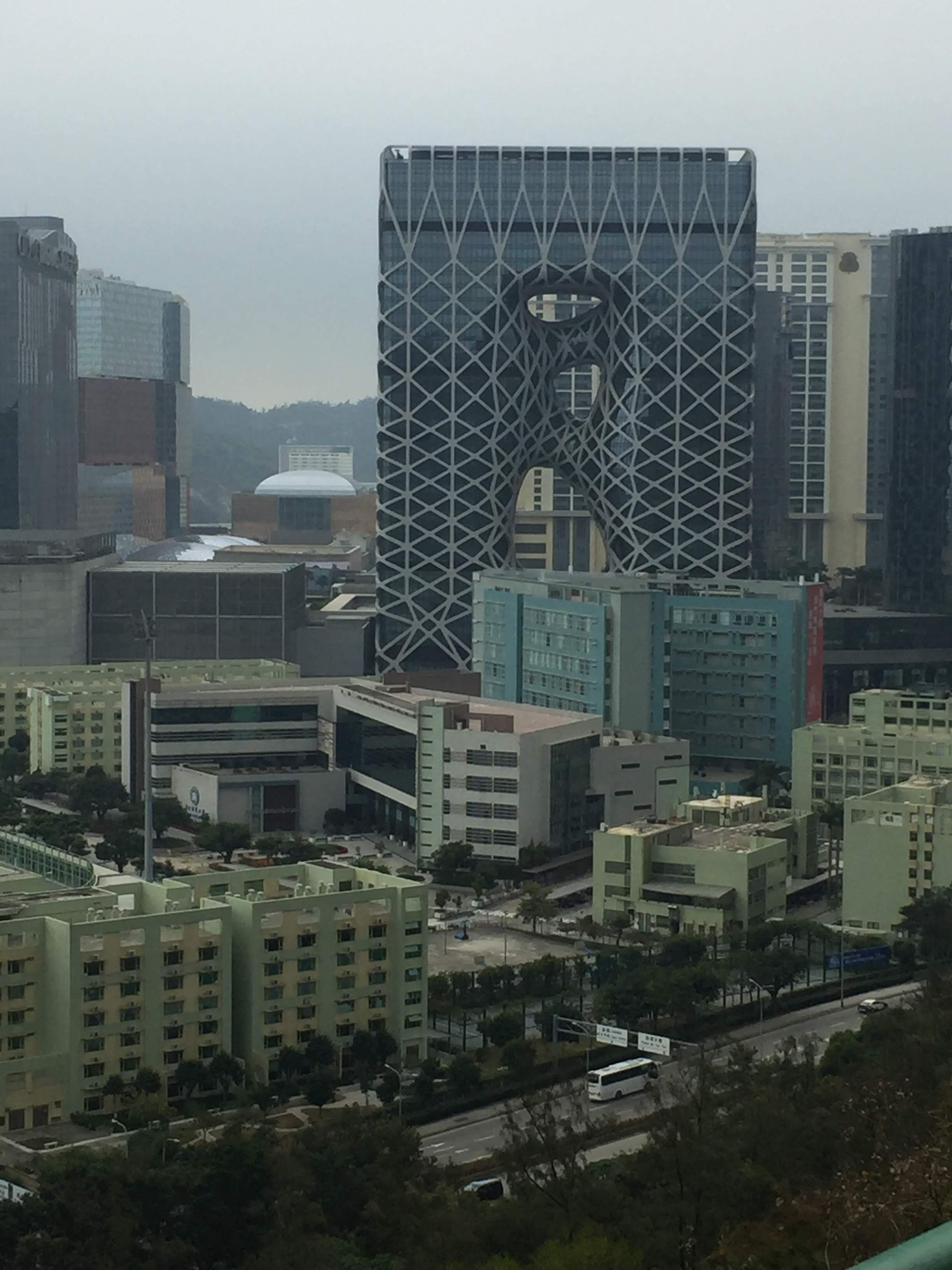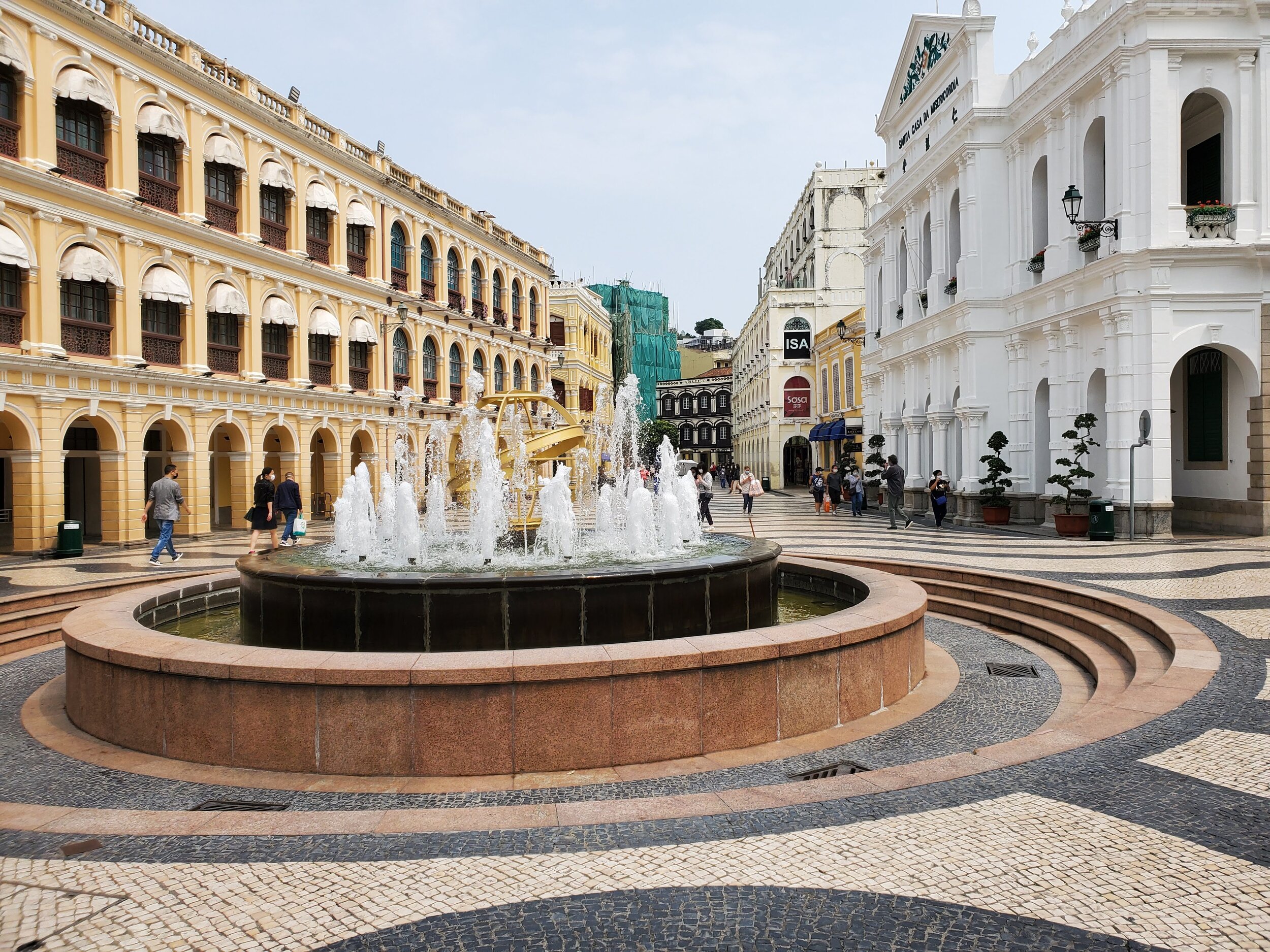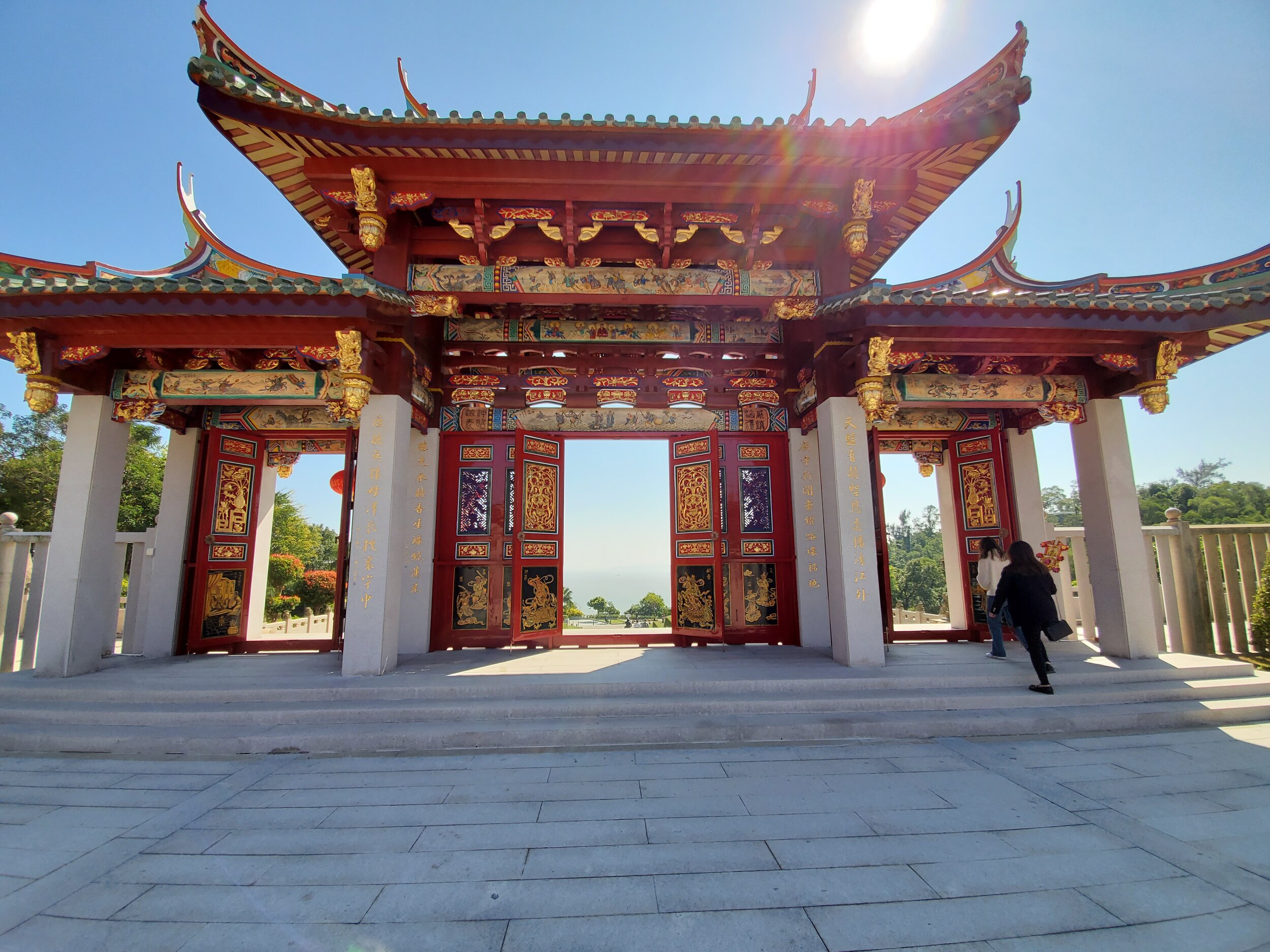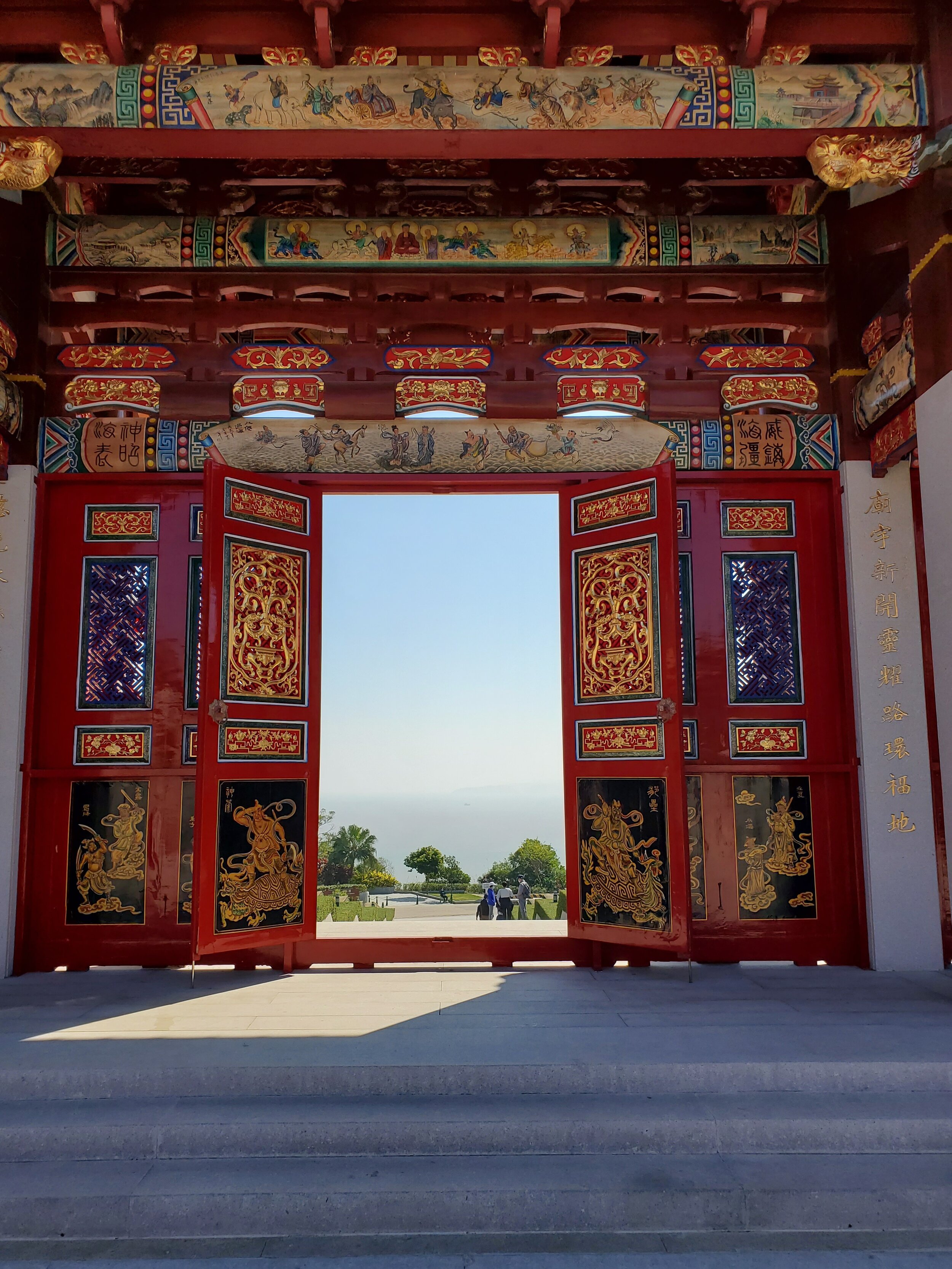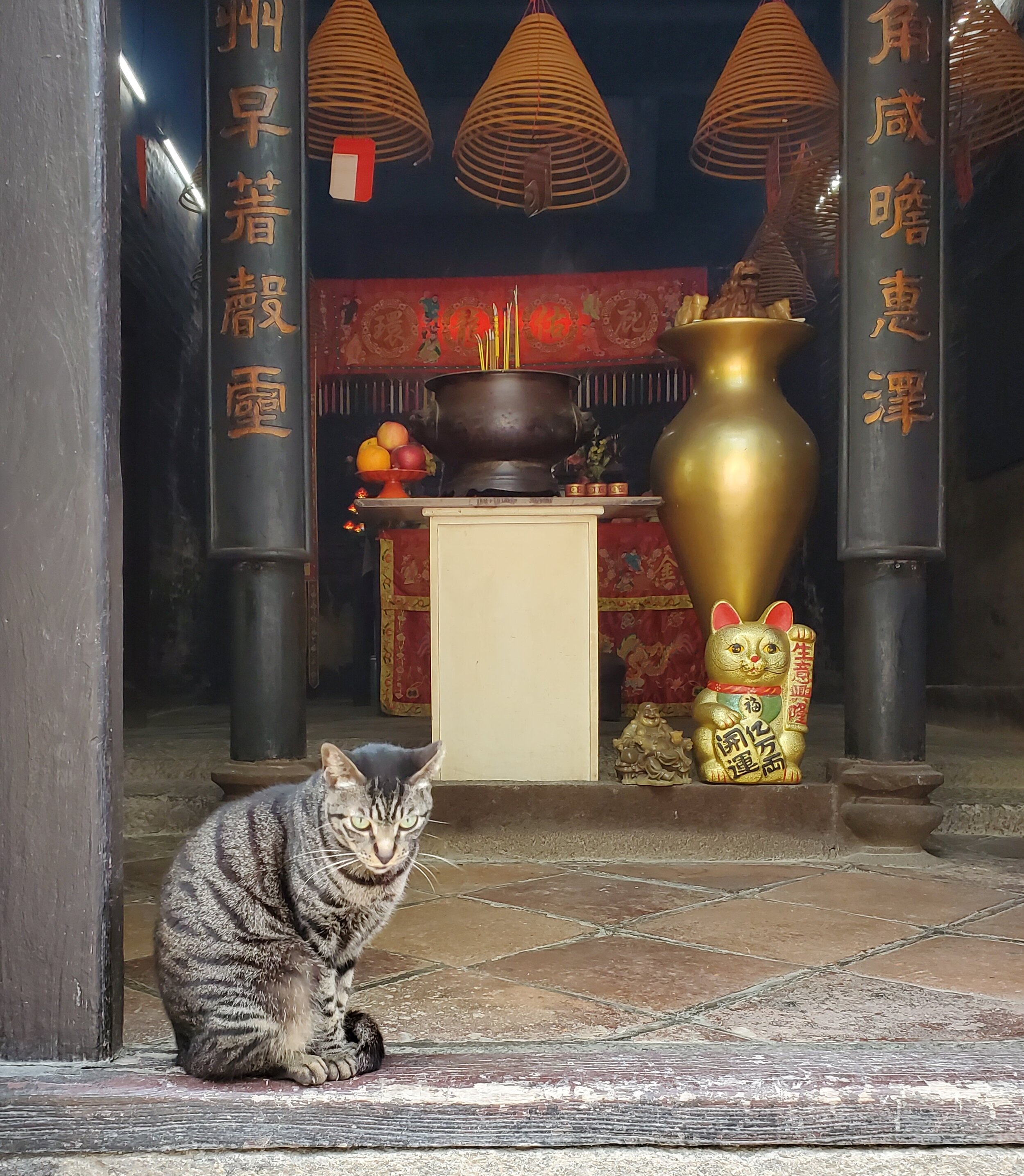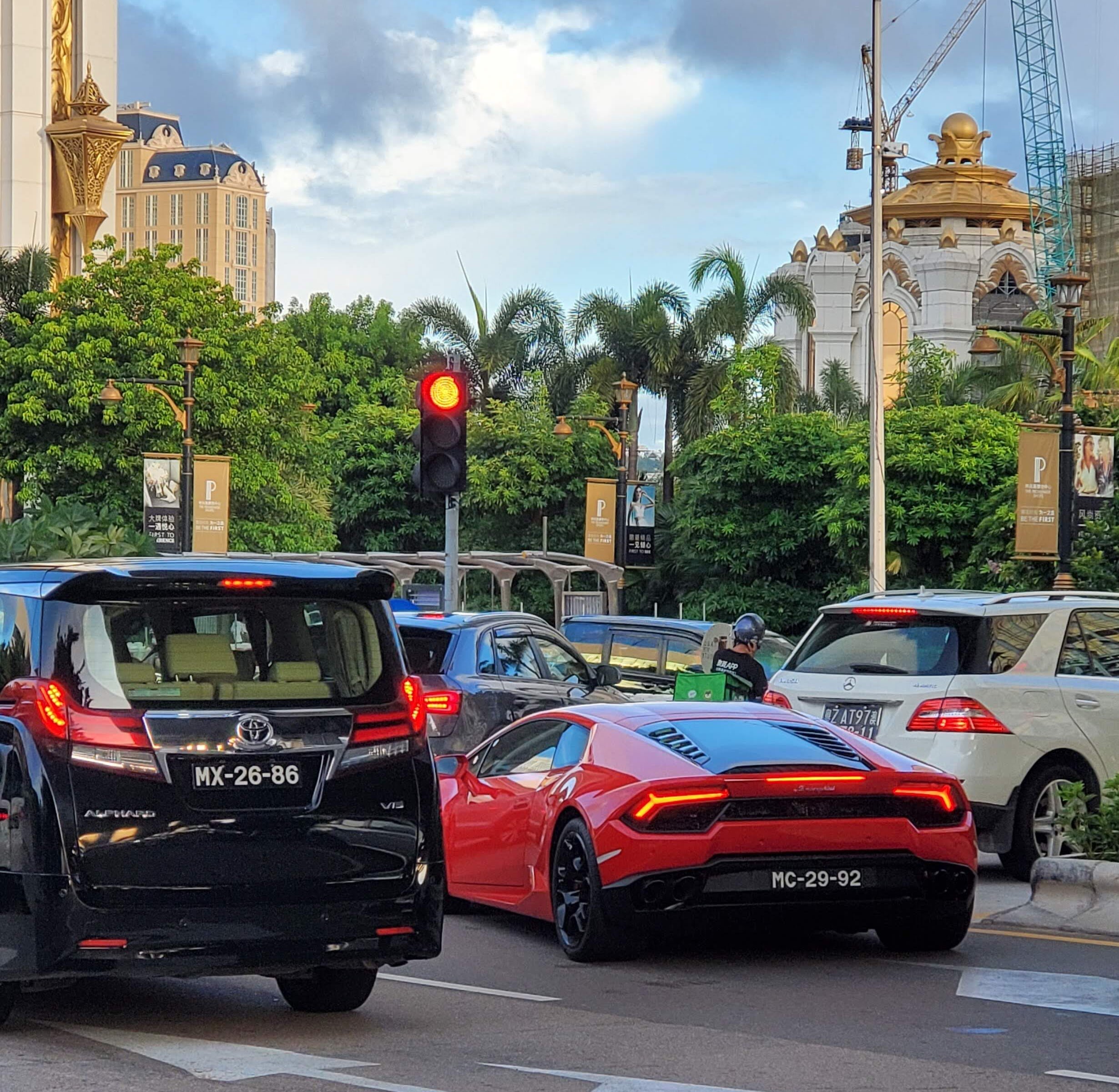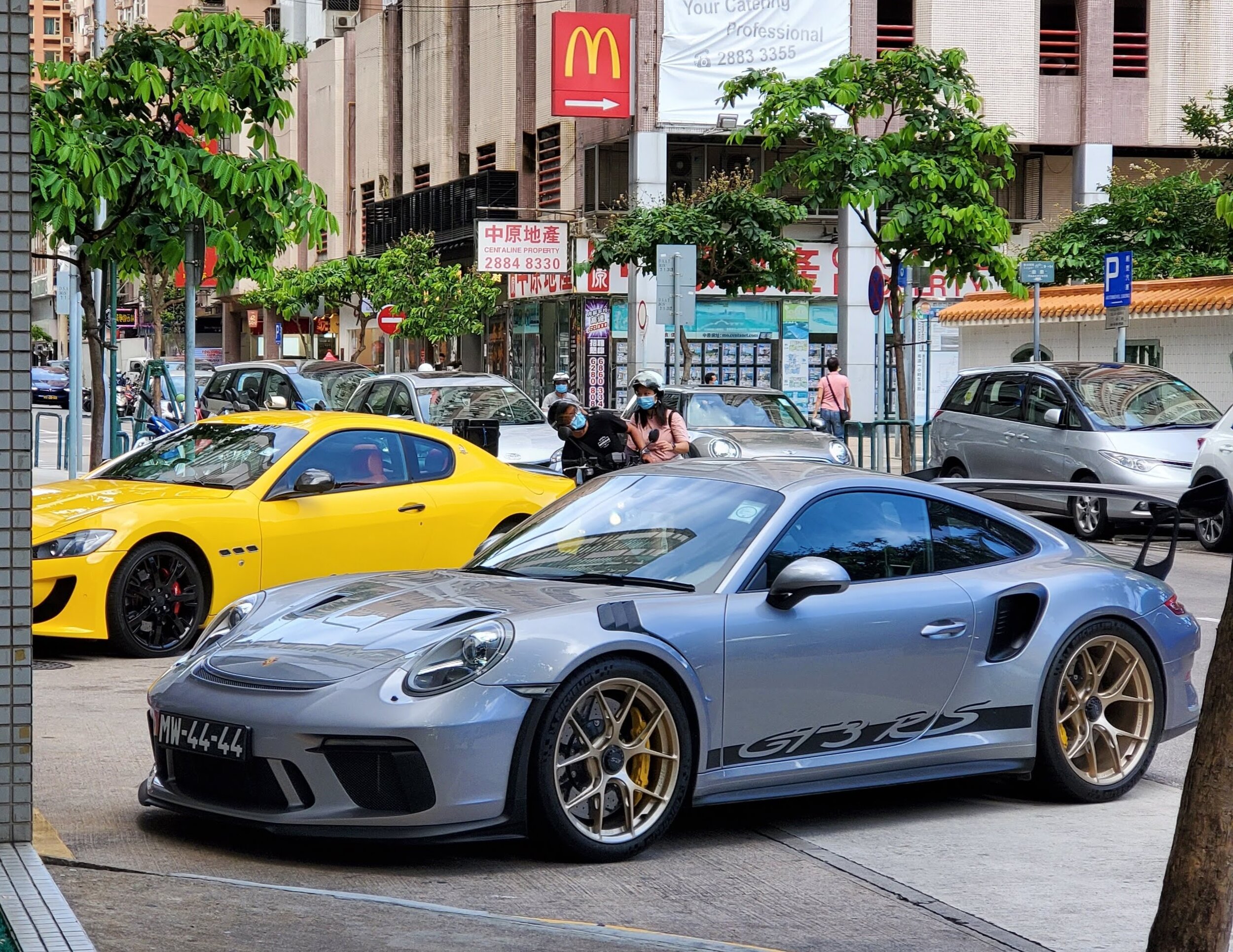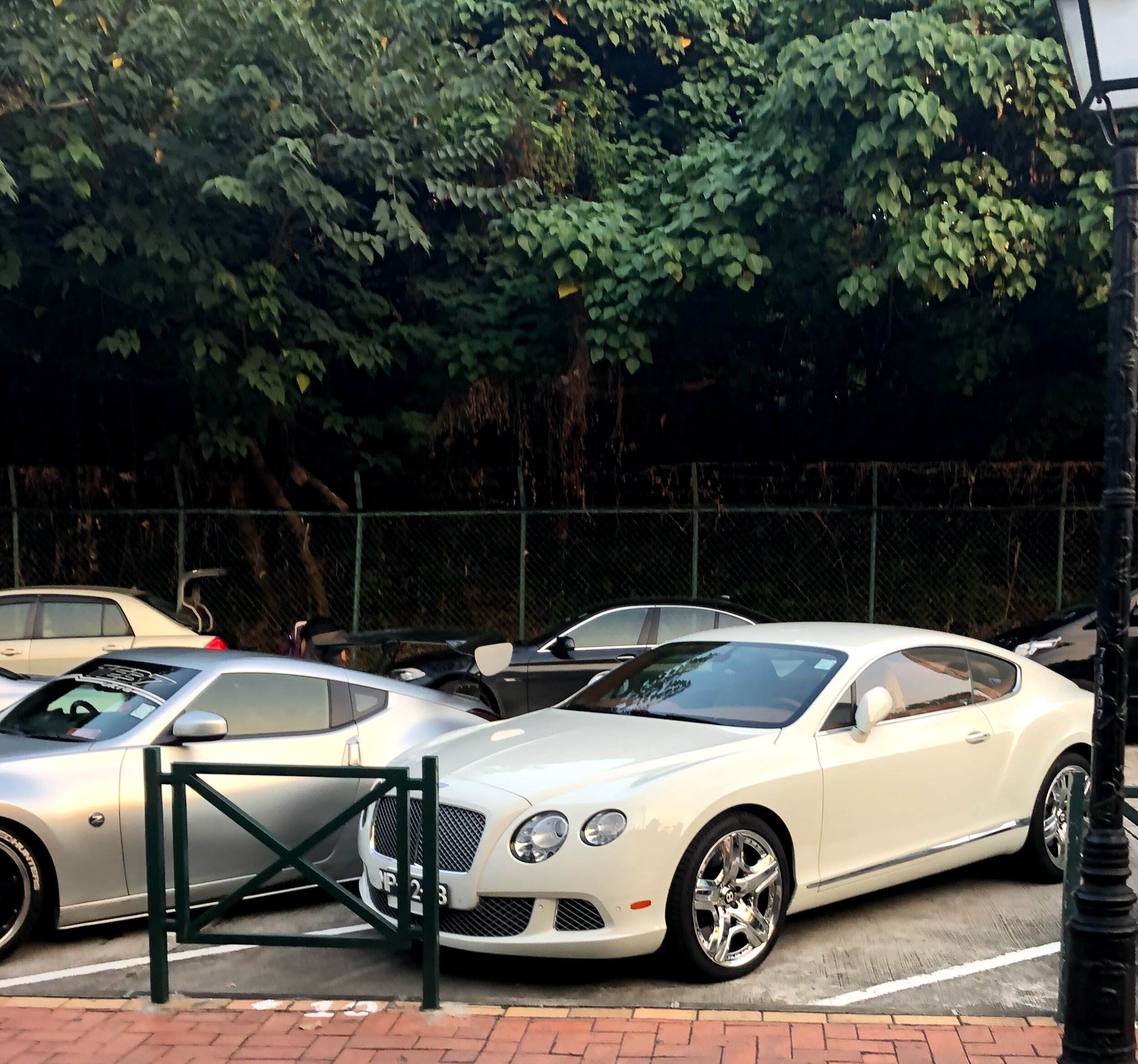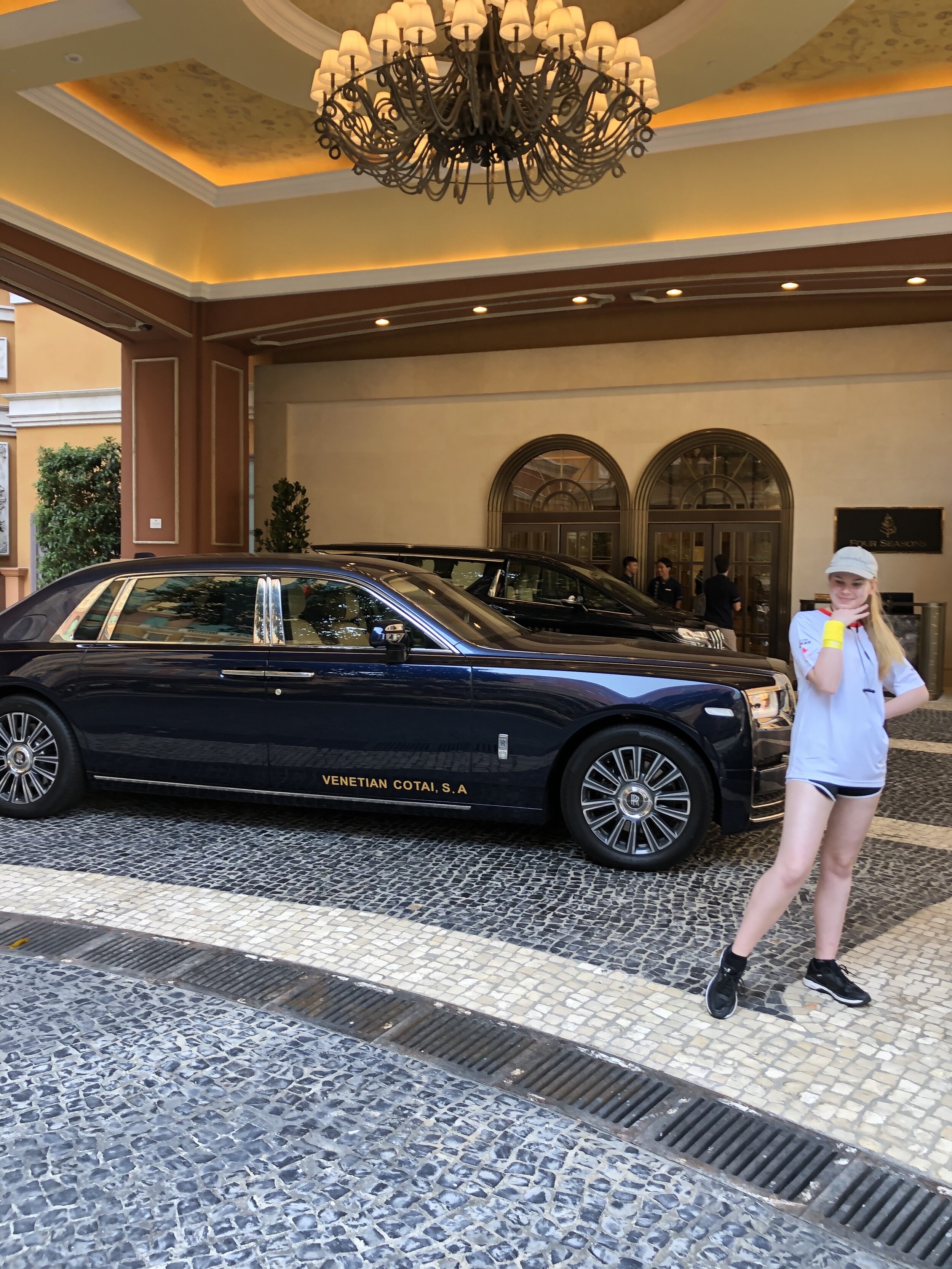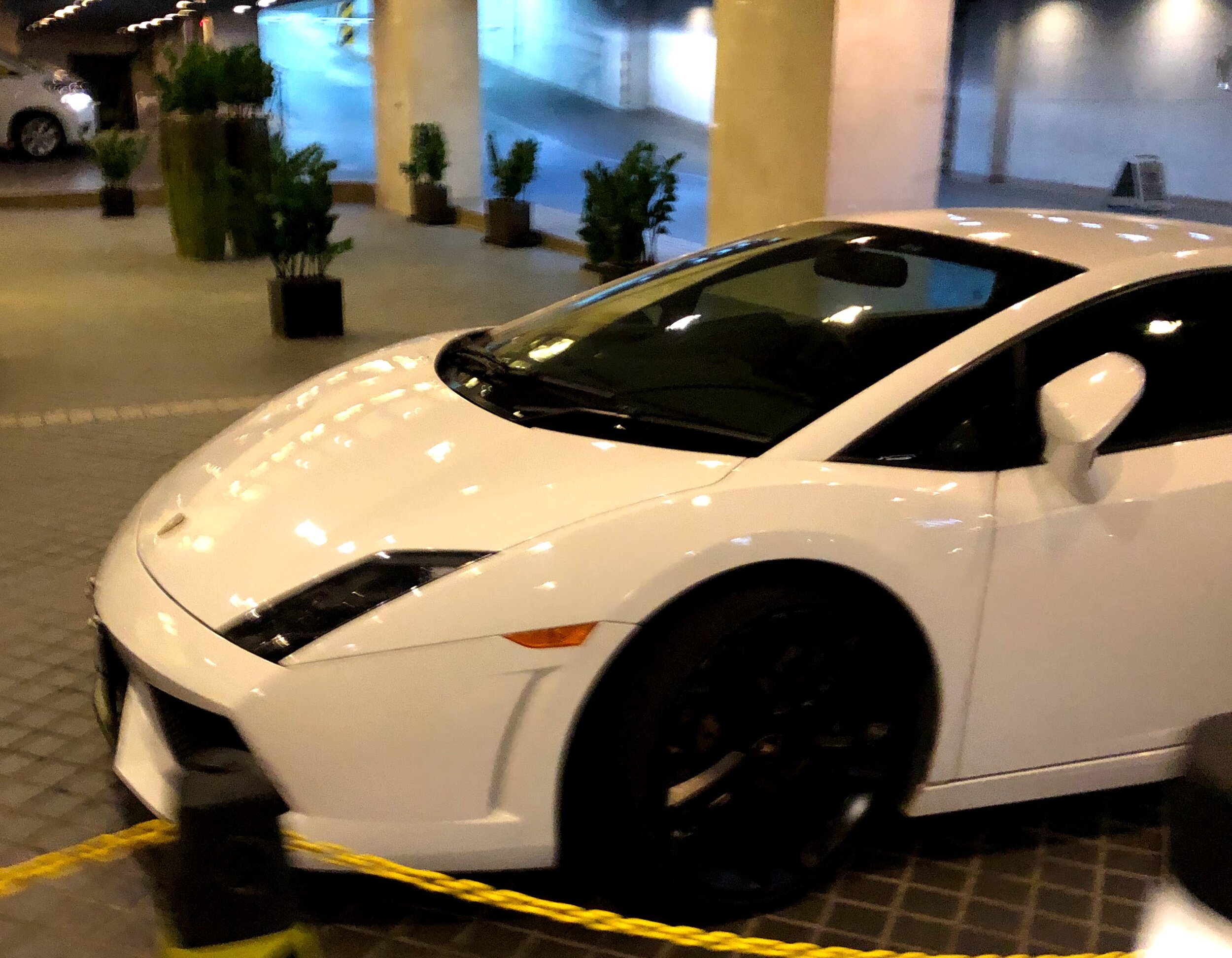Macau is one of the most remarkable places in the world, but you might not have ever heard of it. I thought it was about time that I post some information (pre-Covid) about Macau. Check out some of these facts.
The GDP per capita of Macau is higher than the GDP per capita of any other country in the world making Macau the richest country. You may have known they have casinos here, but its gambling industry is seven times larger than Las Vegas!
Macau residents are not just wealthier, but they are also healthier. They live longer than almost any other population in the world (ranked fourth).
Macau is a tiny peninsula. Technically, it is a “special administrative region” (SAR) of China. It used to be a major player in colonial trade. Now it is the world’s top gambling destination.
Macau is only 40 miles west of Hong Kong, and it includes the islands of Taipa and Coloane. We live in Taipa.
Macau is a relatively small land mass with a high population. It is actually the most densely populated place on earth. They also have the world’s lowest birth rate.
Macau shares a land border with mainland China, but that border is only two city blocks long. Most of the country’s border is the 25 miles of coastal border.
It is the only Asian country where the official language is Portuguese along with Chinese (specifically Cantonese).
Two thirds of the land area in Macau is reclaimed from the sea.
25 percent of the people working in Macau are immigrants from China. There are a significant number of workers from the Philippines as well.
Macau is quite small.
View of Macau from Taipa at night. The bridge to the right connects Taipa and Macau.
Here are some pictures of Macau taken pre-Covid and post-Covid. The virus has been eliminated here through containment, testing and tracking. (Click on the photos to see more.)
History of Macau
Here is a bit of history on Macau and how it went from an unsettled peninsula in the 15th century to the world’s premier gambling destination.
In 1513, a Portuguese explorer, Jorge Alvarez, had a mission to discover trade routes and riches. At that time, Portugal was the world leader in sailing, navigation, and cartography technology. Alvarez and his crew became the first Europeans to reach this part of the world by ship.
When they arrived in what is now Macau, it appeared deserted. To the east or to the west, there were communities of people who had been settled there for centuries. They claimed the peninsula and its neighboring islands in the name of Portugal and it became a permanent settlement.
Eventually, the Portuguese encountered the Chinese, who were not thrilled that these foreigners with their strange language were claiming a large portion of their land. Alvarez and his men fought a brief war with Imperial Chinese troops. China and Portugal eventually reached an agreement. The Portuguese were allowed to stay but only to make port in the waters near the peninsula. They were not allowed to build permanent shelters or settlements. Diplomacy eventually won out, though, and in 1553, the Portuguese were granted permission to build and settle permanently.
The Portuguese paid annual rent for over 300 years in order to maintain their settlements which was a win-win situation. By 1633, the Chinese had restricted all trade in this part of China to the Portuguese and themselves. For Portugal, it was like having the exclusive right to deal with Southern China.
The immigrant population of Macau was underpaid and overworked. This forced Portugal and China to address Macau’s autonomy as a country. It took over 200 years and plenty more friction before the two countries came to any kind of agreement. A worldwide demand for opium brought the two countries together. China gave Portugal complete control over Macau with the understanding that Macau was required to fully cooperate with the smuggling of opium from India.
It was then business as usual for another 50 years. In 1974 there was an anti-colonialist movement called the Carnation Revolution. In 1976, the Portuguese government in Lisbon redefined Macau as a “Chinese territory under Portuguese administration.” Essentially, the Carnation Revolution resulted in a reversal of the rental agreement that had been in place for over 300 years.
Finally, in December of 1999, Portugal and China both got out of the way and granted Macau status as an independent territory. Chinese national law does not generally apply in this region. Macau is now responsible for its own political parties, legislature, legal system, police force, financial system, postal service and educational system.
Macau rapidly urbanized and constructed large-scale infrastructure projects, including Macau International Airport and a new container port. Macau was transferred to China on December 20, 1999 after 442 years of Portuguese rule.
In 2002, the new Macau government ended the state monopoly on gambling. Macau became the gambling hub of Southeast Asia almost overnight. The development of the Cotai (named for combining the areas of Coloane and Taipa) strip has been instrumental in the establishment of Macau as a major gambling center. The idea was to imitate the Vegas Strip—only bigger.
By 2007, resorts started popping up on the Cotai strip. Billions of dollars have been spent developing this thin part of the peninsula into a gambling hot spot. This new stream of revenue encouraged Macau to grant more gambling licenses. Unemployment in the area dropped to less than 1%. The local tourist economy exploded. In 2007, Macau forecast a need for new housing in the area. This construction continues even now that over 10,000 apartment units have been built for the employees of the new tourist industry. That said, there are many public housing apartment buildings and many tin shacks spread throughout the city.
Macau loosened restrictions on its casino industry (previously operating under a government-licensed monopoly) to allow foreign investors. The regional economy grew by a double-digit annual growth rate from 2002 to 2014, making Macau one of the richest economies in the world on a per capita basis. Political debates have focused on the region's jurisdictional independence and the central government's adherence of "one country, two systems". While issues such as national security legislation have been controversial, most Macanese residents have had fairly high levels of trust in the government and affinity for the Chinese identity.
Food, Culture and Cars
As a result of the Portuguese history here, Macau has a fascinating combination of specific western and Eastern influences rarely found anywhere else. When you walk down the streets you can see the Portuguese influence throughout Macau from the restaurants to the tiles and mosaics. A perfect example of the combination of food influences is the egg tart. These are found in Cantonese menus, but derive from the English custard tart and Portuguese pastel de nata. It is a fascinating combination. However, finding general vegetarian meal options can be challenging.
While Macau is rather small with limited places to park, some folks will still flex their wealth with some pretty expensive cars. It is not unusual to see a Ferrari, Lamborghini, Bentley, Porsche or Maserati cruising down the streets. There are no highways here, so you’d have to go to mainland China to drive fast. Also, parking spaces at apartment buildings are quite expensive costing around $500 a month. It is certainly better to rent than to buy a spot. Recently, a parking spot sold for about a million dollars. Selling parking spots can be a lucrative business.
We’ve enjoyed exploring Macau so far. We would prefer to travel more, but unfortunately that is not possible at the moment. We are hopeful that this situation changes soon. Until then, we will keep checking out new places to explore in Macau including the casinos. Stay well.
https://www.gamblingsites.org/casino/destinations/history-of-macau/
https://en.wikipedia.org/wiki/Macau
